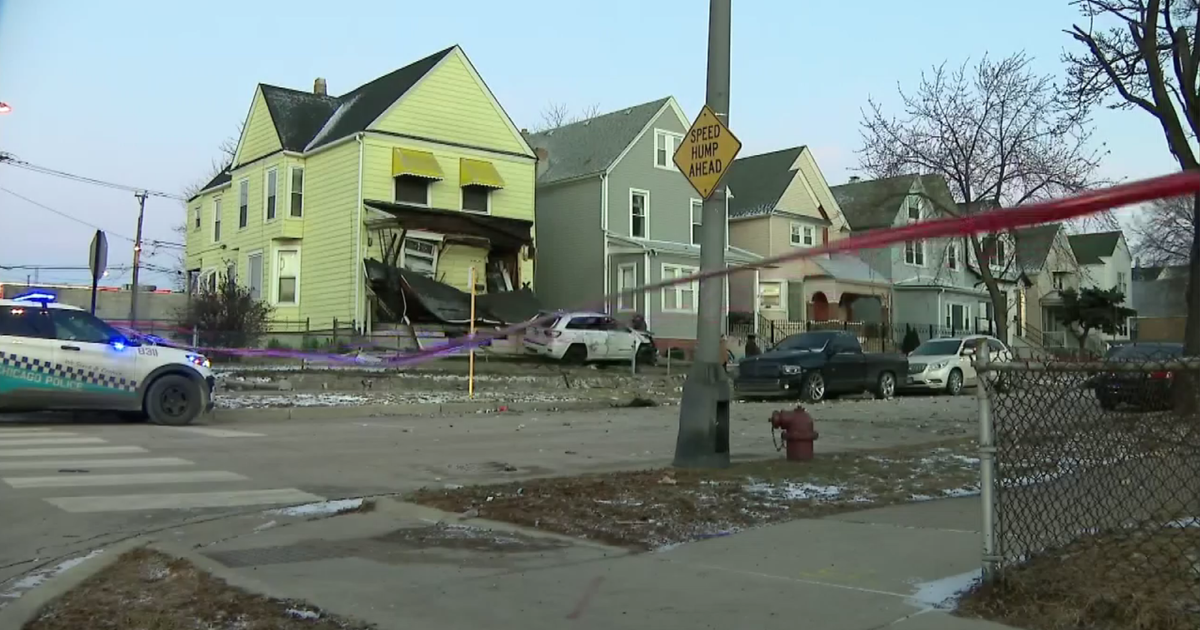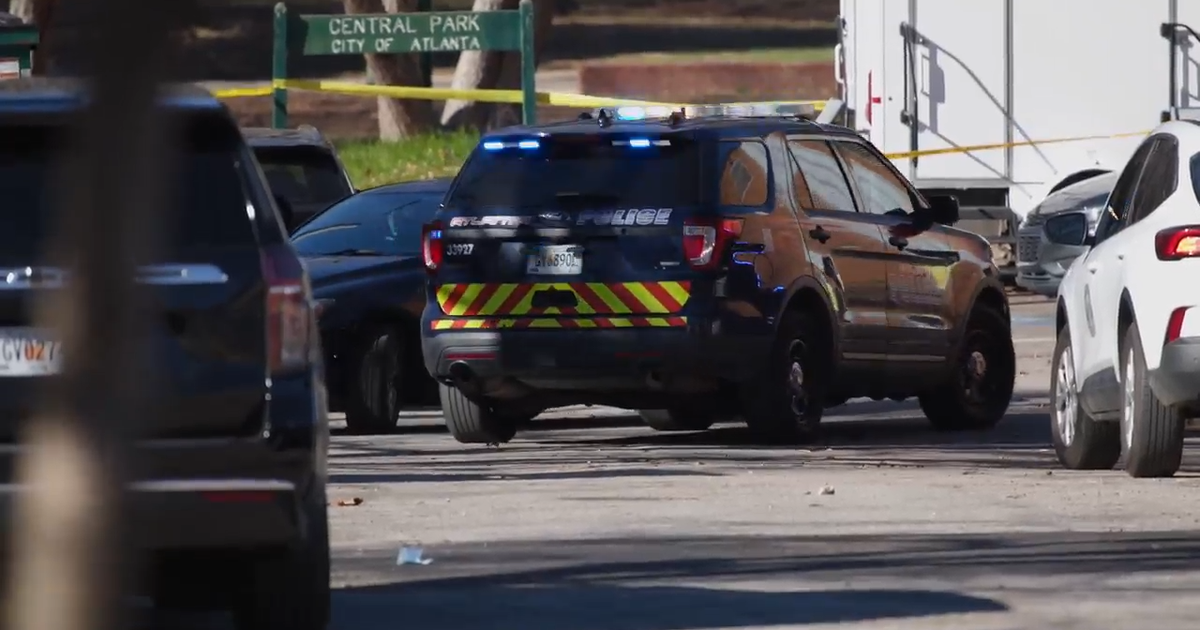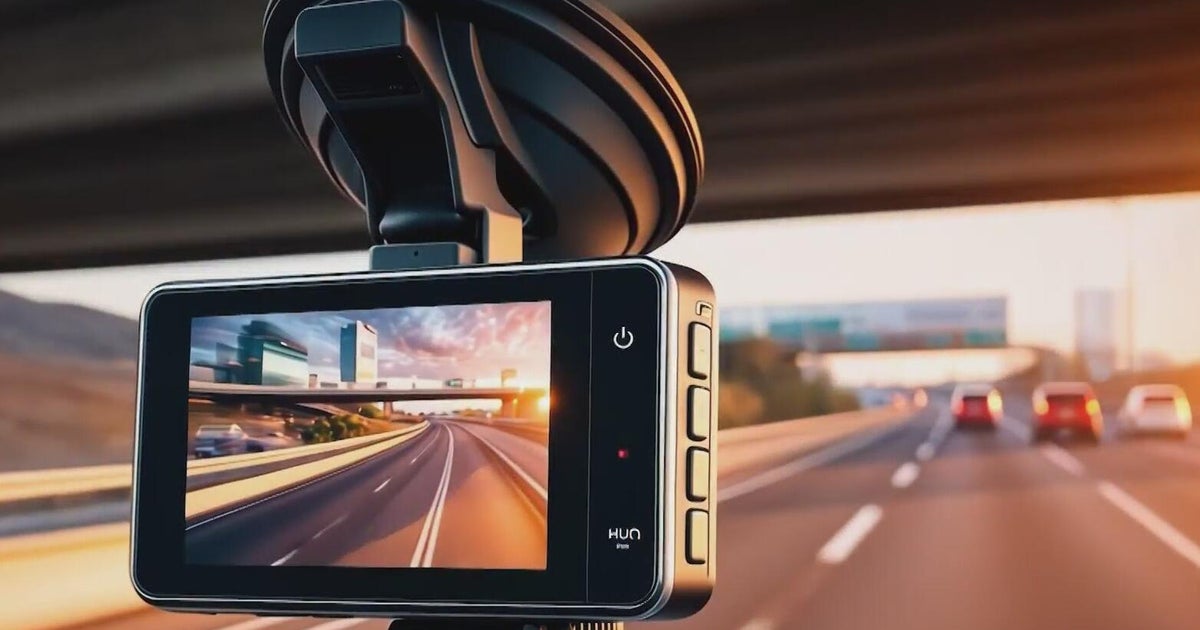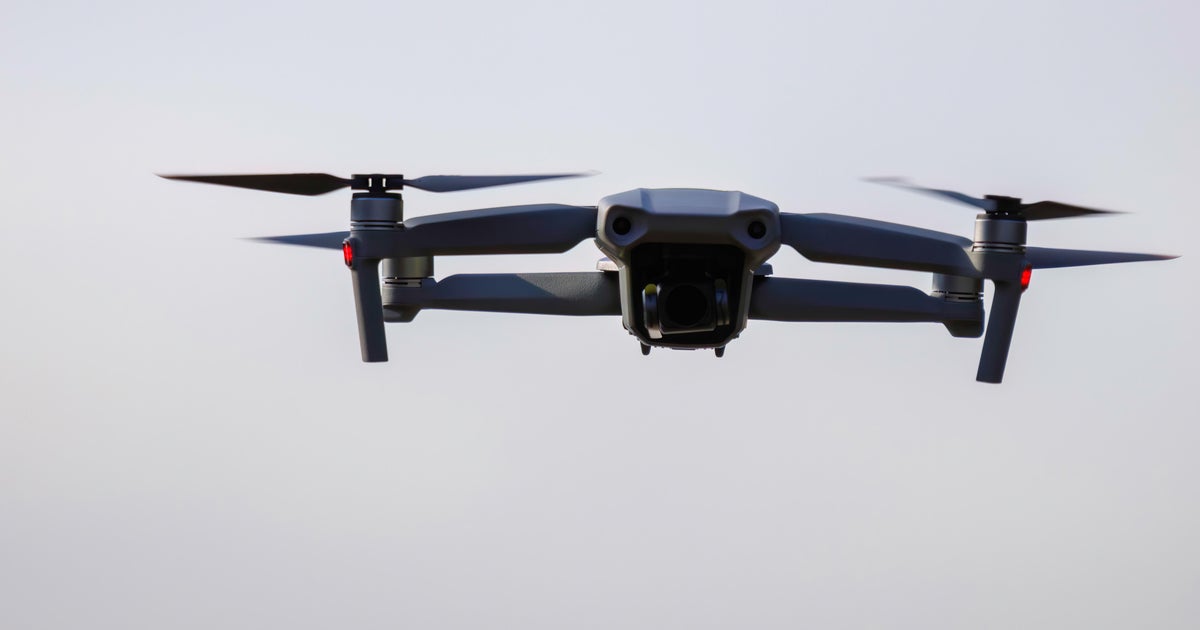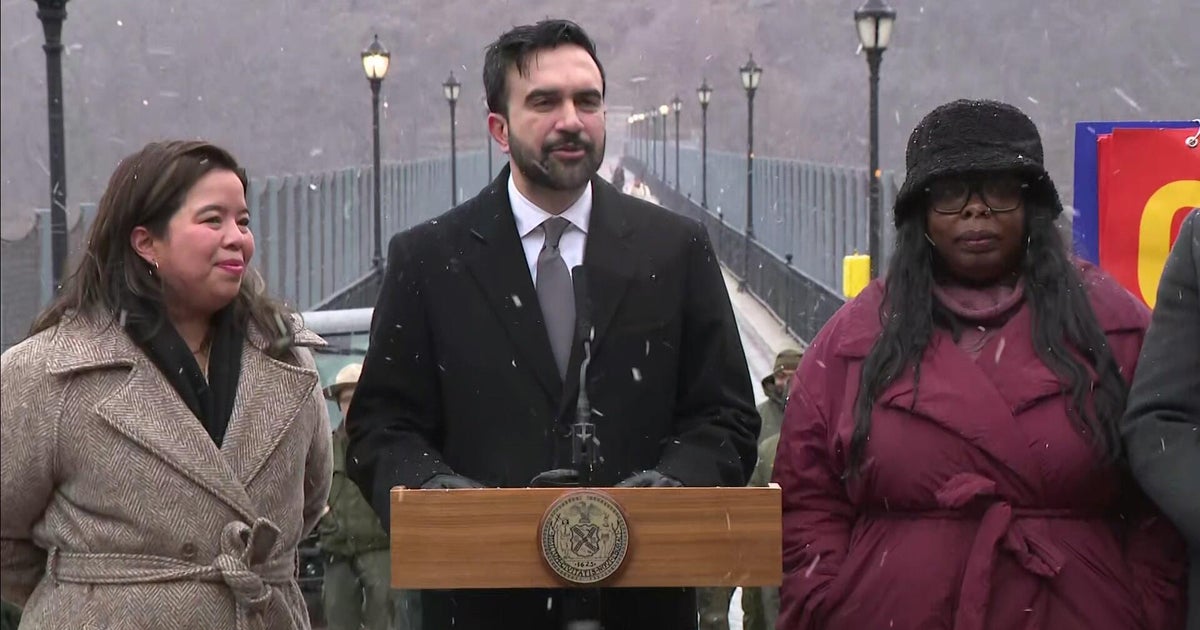West Nile Virus-positive mosquitoes detected in Boston

According to the Boston Public Health Commission, a positive pool of mosquitoes was found in North Dorchester and another was found in Hyde Park for the first time this season.
Previously, infected mosquitoes have been detected in North Dorchester and West Roxbury.
Multiple positive mosquito pools suggest that WNV is likely to be present throughout the city. There has been one human case of WNV in Boston - a 46-year-old Boston woman whose case was confirmed Aug. 27. She has since recovered.
Since June, larvicide has been placed into city catch basins designed to reduce the number of mosquitoes in the city. Spraying has been done for mosquito nuisance control in parts of some neighborhoods, but there are currently no plans to expand spraying throughout the city.
WNV is most commonly transmitted to humans by the bite of a mosquito infected with the virus, said Dr. Anita Barry, director of the Infectious Disease Bureau at the Public Health Commission. She said it is very important for people to take precautions to reduce the risk of being bitten by an infected mosquito. She urges that they take a few simple steps that include:
• Use insect repellant when outdoors, especially from dusk to dawn when mosquitoes are more likely to be biting and, when possible, wear clothing with long sleeves and pants.
• Mosquito-proof your home by making sure that window and door screens are in good repair to prevent mosquitoes from getting into your house.
• Prevent mosquitoes from breeding by turning over unused flower pots, buckets, wheelbarrows, and garbage cans; removing leaves and other debris that can clog gutters and trap water; disposing of or covering old tires; and covering swimming pools and kiddie pools when not in use.
For more information on WNV, call the Boston Public Health Commission at 617-534-5611 or visit www.bphc.org.
